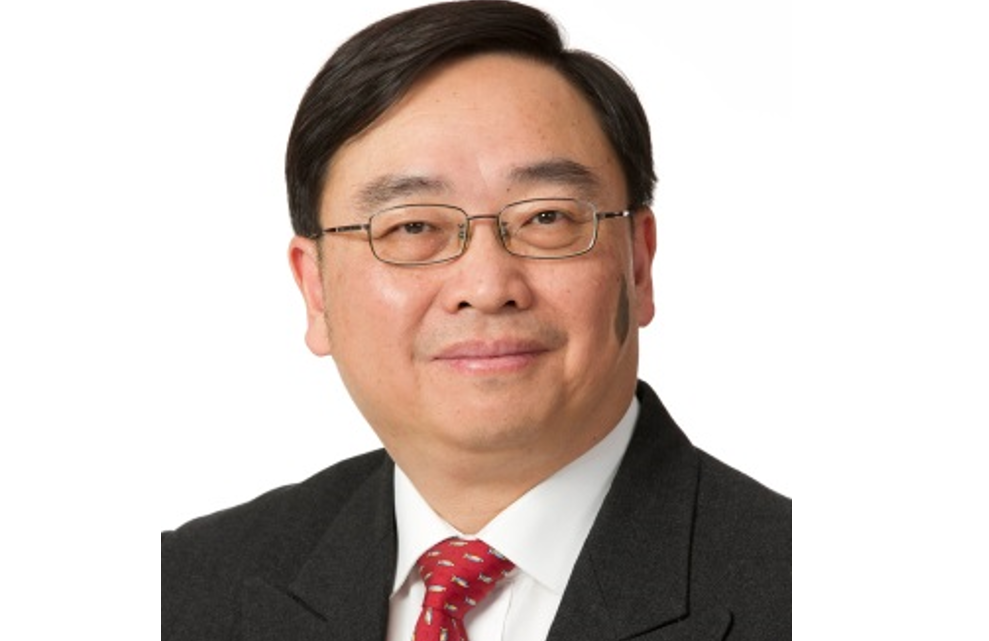
Esmond Lee of Hong Kong's Financial Services Development Council to sit as a panelist at the 2017 Banking Forum
He says the cross border payments in the foreseeable future will still be served by banks.
Esmond LEE Kin Ying is the senior advisor working in the Financial Services Development Council (FSDC) set up by the Hong Kong Government to develop financial services.
Before joining the FSDC, Lee served as an executive director of the financial infrastructure department at the Hong Kong Monetary Authority (HKMA) from 1 February 2008 to 7 August 2016. He has played a key role in the development and operation of the financial infrastructure, especially clearing and settlement systems, in Hong Kong since joining the HKMA in 1993. He served as chief representative in the HKMA's New York office from 1998 to 2000. Before joining the HKMA, Lee was working in the Hong Kong Government as principal economist.
Lee will be one of the panelists who will discuss Real-time Cross-Border Payments in Asia at the 2017 Banking Forum in Hong Kong.
What are your previous experiences and positions held that contributed to who you are as a banker/financial services expert today?
I had been working in the Hong Kong Monetary Authority for more than 23 years before I retired in August 2016. I was then the Executive Director (Financial Infrastructure) responsible for both the payment and settlement systems as well as the soft infrastructure like developing the Government bond programme and talents in the banking sector. Probably I know something about transaction banking and clearing and settlement business.
What are your key business philosophies?
I am a believer of genuine business opportunities has to be supported by efficient market infrastructure. The recent Bond Connect between Mainland China and Hong Kong is a good example of how efficient market infrastructure can give rise to, and facilitate, the operation of new business.
Apart from the trading platform which has attracted a lot of attention from the media, the settlement link is something that has distinguished it from other initiatives in opening the bond market in Mainland China. The CMU, the bond clearing and settlement system operated by Hong Kong Monetary Authority in HK, has opened accounts in the bond clearing and settlement systems in Mainland China, so the bonds brought by the institutional investors in Hong Kong can then be brought into their accounts in CMU.
Thus illustrating an interesting and useful arrangement that financial institutions in Hong Kong can operate in Hong Kong and buy into the Mainland China bond market.
Can you give us a glimpse of what you will share at the panel discussion at the Banking Forum in Hong Kong? What can you say about real time cross border payments in Hong Kong and in the region?
A financial centre must be served by efficient cross border payment infrastructure links, and the cross border payments in the foreseeable future will still be served by banks. As a financial centre like Hong Kong, effective and efficient account opening procedures for both residents and non residents of Hong Kong is a sure way to facilitate cross border payments.
Another development worth paying attention to is that the People's Bank of China is going to issue digital RMB and this digital RMB may be used for cross border payments. So using high powered money for cross border payments purposes is probably a new phenomenon we wish to take note of.
The 2017 Banking Forum will be held on July 26 at the Conrad Hong Kong.
If you are interested to attend, you may contact Nikki Quiniquini at [email protected] or at +65 3158 1386 ext 238.
To read the post-event coverages of the Retail Banking Forums held this year, click on the links below:






















 Advertise
Advertise






